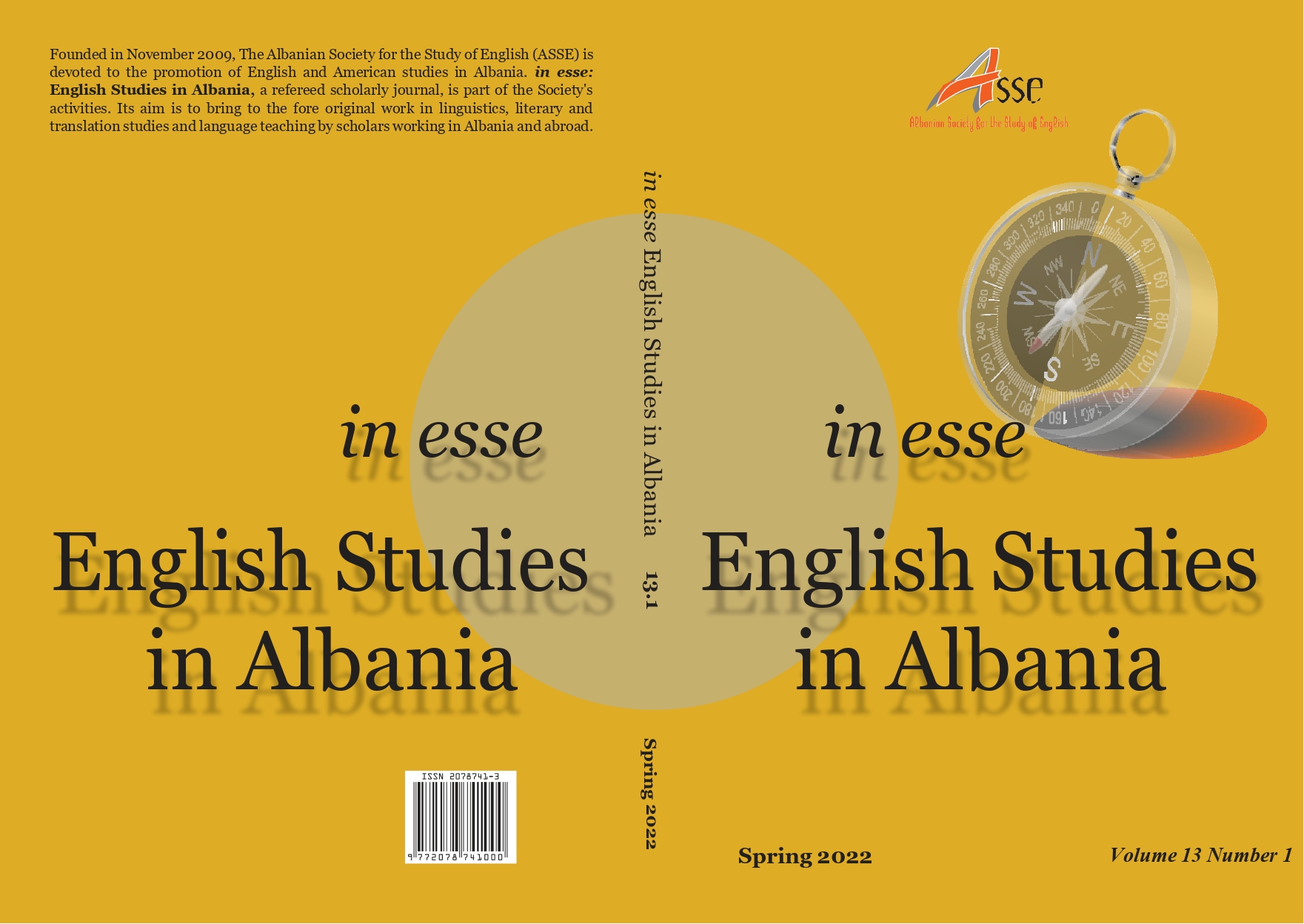Revisiting the Nuclear Question in Martin Amis’
Visiting Mrs. Nabokov and Other Excursions and Einstein’s Monsters
Revisiting the Nuclear Question in Martin Amis’
Visiting Mrs. Nabokov and Other Excursions and Einstein’s Monsters
Author(s): Sukanta SANYAL, Tanutrushna Panigrahi, Lipika DasSubject(s): Language and Literature Studies, British Literature
Published by: Albanian Society for the Study of English
Keywords: nuclear; weapons; power; deterrence; capitalism; humanity; posterity;
Summary/Abstract: This paper proposes to study the English writer Martin Amis’ non-fiction work Visiting Mrs. Nabokov and Other Excursions (1993) and his short story collection Einstein’s Monsters (1987) to highlight his concerns about the possibilities of another nuclear war and his contention that the feuding powers achieve nothing but to confuse man’s mental landscape and make his future particularly problematic. While the horrors of the first atomic explosion are still palpable and tangible, the recent froideur between the USA and Russia, the Russian aggression against Ukraine, and its threat of nuclear weapons, along with the ‘Thucydides Trap’ set up by China for America, have set the stage for renewed global conflict. Amis argues that the warring ideologies of the self-serving combative nations have turned common men into mere marionettes at their disposal, resulting in the loss of their very reason for existence. He states that the self-serving superpowers, despite rousing up the masses, actually leverage the nuclear concept only as a deterrent and not for actual war, even though that does not discount its threat to humanity. Amis also talks about the sinister powers that operate from behind a veil of obscurity to precipitate such catastrophes—the forces of capitalism and their obsession with the profit motive, even at the cost of mass destruction and annihilation. He warns that these dangers are now even greater as they are no longer restricted to us alone but also to posterity. This paper will highlight each of the writer’s viewpoints and show how relevant his contentions continue to be even today in a world that is torn asunder by such polarising thoughts and ideologies.
Journal: in esse: English Studies in Albania
- Issue Year: 13/2022
- Issue No: 1
- Page Range: 51-64
- Page Count: 14
- Language: English

